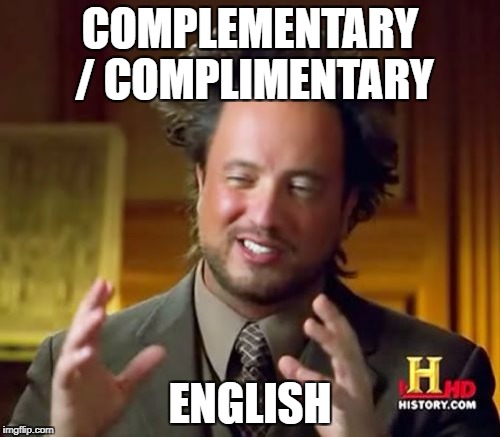
Photo by www.testen.no on Unsplash
Having friends, selectivity readers, and editors from a widely diverse background really helps writing accurate fiction. In my life, I have earned degrees in business, sociology, and computer science; my social circles looks like a Venn diagram with historic reenactors, D&D role players, and fiber art enthusiasts (especially embroidery, with a side of calligraphy and medieval illumination); I have worked as a teacher, tax preparer, and politician along with many other jobs in a lot of different industries, often more than one at a time. Plus unpaid side quests as a CPR instructor and adoring space exploration. (Oh, did I forget to mention writing, editing, book reviews, and small press publishing? I figured this website kind-of give that part away.)
This varied background means I often go “hold up, I need to do a little bit of research” when I am editing, then return with “FACT CHECK: here’s what I found.”
Having beta readers different from your personal background helps craft a more accurate picture of the world. Having specialists you can text with “Where can a person be shot with an arrow and still run for about three miles? How about if they are a werewolf and the arrowhead is silver?” or Facebook message with “So how do moon cycles ACTUALLY work? And what do you mean solar eclipses can only happen during the New Moon?”
My most recent Fact Check for an edit was CPR. Like I said, I was a CPR-First Aid instructor, something I did voluntarily for over a decade. I’ve been lucky enough never to have needed to administer CPR-Rescue Breathing in my life, but I have taught people who have used these skills in the real world.
And Fiction gets it wrong SO MUCH!!!!
Editing Rant activated.
Let’s start with the TV shows. How many times actors perform CPR on a BED!!! Look, you do compressions on a bed, the body is going to bounce up and down on the springs. Nothing is going to be compressed. Either put a body board under the body – and I say BODY because you only do CPR when there is no heartbeat. No heartbeat, no living person, … that is a dead body. – or you move the body to the floor or other flat hard surface.
Also on TV, the medical staff always “break” their elbows. The elbows are bent.
If you are doing compressions, the arms are stiff, and you have your shoulders and body above your hands and you push down with your whole body weight onto the body. You are falling on their chest basically with stiff arms. The effort on your part, after gravity does its thing with your weight compressing the ribcage, is lifting back up. Anyone who does pushups know the control fall is as exhausting as the push-up. Compressions are going to tire you out.
Now I will give the TV shows and Movies the elbow bend because you don’t want to perform CPR on a living person; no actor wants to go through that. It falls in the same category as the fact Movies and TV shows they never show the full vows during a marriage ceremony. Some things just aren’t done: perform CPR on a guest-actor or marry your co-actor on film.
Now onto books I have read or edited.
In one book, a group of three college students were electrocuted. Another person enters the room and is able to perform CPR and rescue breathing on all three people by themselves and revive all three people.
Uh, no.
Do you know how much effort it takes to do compressions, while also doing rescue breathing? Do you know how long you need to do both before it is effective? Not the typical TV, 15 seconds with three-to-five compressions and two breaths! I give TV a pass because of time limitations of the medium, but a book has all the time in the world. Three bodies needing CPR isn’t a quick fix.
If you are going to do CPR, figure you will be at it for minutes. The rule is once you start, you continued until you are relieved or you cannot physically do it anymore. Call 911 BEFORE you start. Because those “minutes” you are going to be at it is the ambulance response time for your area.
Back to the Editing Rant: Then there is the constant … and I do mean constant … “I feel a faint heartbeat, so I need to perform CPR.”
NOPE … no-no-no NO!!!
Again CPR is to restart the heart. You got a heartbeat, you are good. CPR is only done on dead people who were recently alive, to remind the body what it felt like to have a heartbeat and to be breathing.
Faint heartbeat – no CPR.
No heartbeat – then it is CPR time.
I ain’t got time to teach the world this fact one writer at a time.
So let me recommend something here. Take a CPR and First Aid course. American Red Cross, American Heart Association, OSHA training, whatever your country offers. Just take it. While the life you save likely won’t be your own, it may be a niece or nephew who fell in the pool, it may be a grandmother you are visiting, it may be a co-worker massaging the left side of their chest during a stressful meeting.
Or it could be you are able to write about CPR, rescue breathing, and basic first aid bandaging more accurately in your books.
Go! Get training.
I’m tired of editing this. It’s basic life knowledge. Or should be. Make it so.
Rant over.




